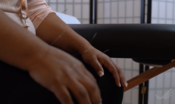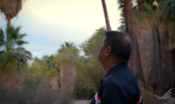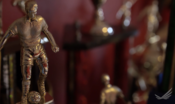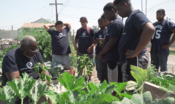text
Multimedia
Dealing with depression -- through faith and acupuncture

“Esperanza is an undocumented Mexican immigrant in Compton, California. She suffers from fears and anxieties caused by her four previous deportations and her high-stress role as her family’s caregiver. Esperanza doesn’t see depression as a health problem. When she shares her struggles with a local priest, she discovers a network of support that ranges from her compadres to a free clinic.”
June 26, 2019





